OPTOMETRY PRACTICE OWNER RESOURCES
Booked 4 Weeks Out?Bethany Fishbein, OD

Booked 4 Weeks Out?
I sometimes feel like “how far you’re booked out” is regarded as a measure of enviable success in the optometric community.
Doctors proudly boast, “I’m booked out 5 weeks” or “My next appointment’s not until February”
In the words of Shania, “that don’t impress me much”
Here’s why:
If you are booked out for more than about 3 weeks, you are losing the opportunity to bring new patients into your office. Unless a new patient has been specifically referred or feels they have no other options (you’re the only one in 20 miles that takes their plan), they’re likely to hear your next available appointment, say something like “I’ll call back” and call the next office on the insurance list or the one that also received recommendations on the community Facebook page. New patients are important for the longevity of your business!
Most people who are calling for an eye exam are doing so because they need something now. Some of our highest-spending patients are those who called and scheduled same-day because their insurance was ending, their flex spending was expiring, they were on their last pair of contact lenses, or their glasses were broken. Maybe all of the above! Being available to meet their needs means you will get higher-revenue patients than those who you pre-appointed a year ago and are coming in with no specific needs, simply because “it’s time”
People who schedule months in advance are also more likely to no-show or cancel or find other solutions to meet their needs in the meantime. Have you ever had a patient come in for their exam only to tell you they already ordered their contacts online, or had an exam and got glasses at a big box store because they needed them right away? They come to you out of loyalty (and because they self-paid at the other place and their insurance “lets them” see you) but they’re not doing much beyond the exam in your office if they show up at all.
And if you’re *that* booked, you’re busy seeing patients– too busy to make changes in your business. It’s hard to take time off because you feel that you’re losing money, disappointing people, etc etc etc.
It’s not a great place to be.
If you are booked too far in advance, consider the following:
Re-think your recall. When offices needed to decrease the volume during COVID, they stopped routine recall — and as a result, saw increased revenue per exam as patients who were calling for appointments were doing so because their vision had changed, their contact lens supply was low, or they were having a complaint that warranted a solution. If you have more patients than you can comfortably see… save your appointments for your best patients and those who initiate the visits.
Hold a few “emergency slots” in the schedule to fill the day or two before. Not red, painful eye emergencies– primary care “emergencies” for those patients who call with urgent refractive (or insurance/FSA) needs. Also, keep and use a waiting list, and prioritize who you move up.
Evaluate the insurance plans you accept. I consulted with a practice that was overbooked with patients who had a plan that barely covered the chair cost to see them. Eliminating this plan cut the wait time for an appointment from 6-7 weeks to about 2, and increased revenue per patient significantly! The practice was still busy, patients were happier, they’re now seeing a higher number of new patients with a more desirable plan, and the revenue and profitability are higher than ever.
If you’re not in the position to drop a plan (seriously if you’re that far booked out, you really probably are!) you can increase the cost of out-of-pocket services– refractions, CL fits, etc. Patients who are willing to go anywhere will stop paying; those who value your unique services will remain.
Look at the efficiency of your schedule. Many offices are still hanging on to remnants of their COVID schedules, allowing a fraction of the patients that they were seeing before the pandemic hit. Adding a lane, training technicians to take on more patient care duties, and hiring an associate will allow you to accommodate more patients each day.
Ideally, an office should have appointments open within the upcoming week to be attractive to new patients and accommodate those people who need to get glasses right away, fill a contact lens prescription before college, or use up their FSA or insurance benefits before they disappear.

Bethany Fishbein, OD
